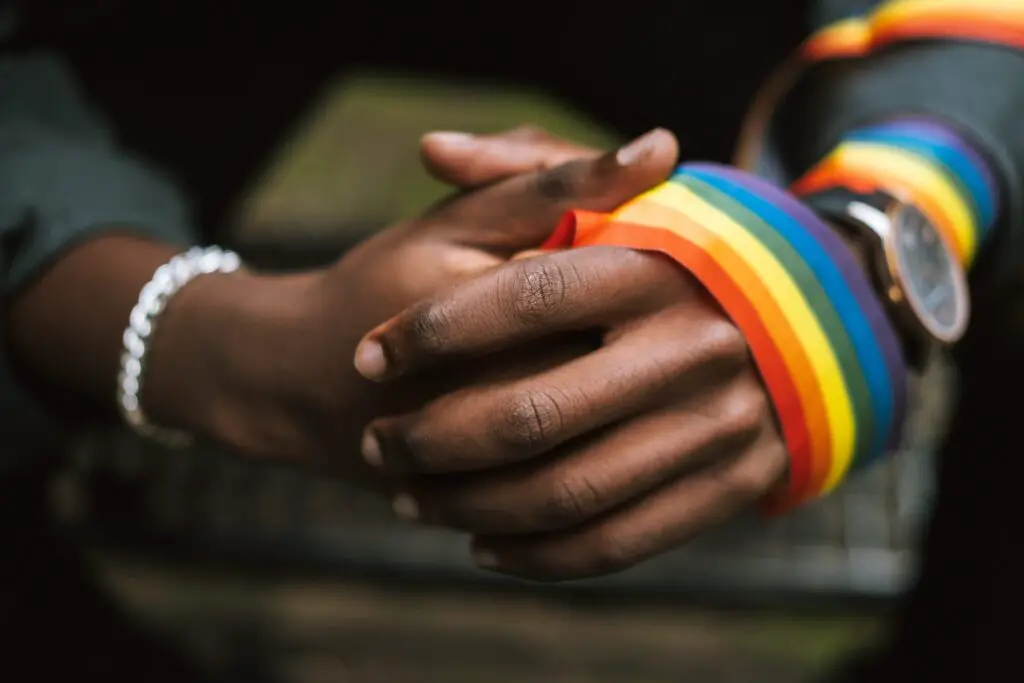Sexual and gender minority students at taxpayer-funded Christian colleges are nearly five times more likely to experience bullying and harassment, a study by gender support identity group Religious Exemption Accountability Project (REAP) and College Pulse concluded.
The report, called The LGBTQ+ Student Divide: The State of Sexual and Gender Minority Students at Taxpayer-Funded Christian Colleges, was conducted between January 28 and February 6, 2021. It was conducted on 3,000 LGBTQ+ college students enrolled in four-year degree programs at Christian colleges and universities to better understand their experiences on campus.
Every day, LGBTQ students at many Christian colleges face discrimination & abuse. Today, we’re releasing a groundbreaking new report – depicting the dire reality for LGBTQ students at taxpayer funded religious colleges that discriminate. Check it out here: https://t.co/6J2EE0PDzl pic.twitter.com/iAQASQOY8M
— Religious Exemption Accountability Project (@REAP_LGBTQ) March 15, 2021
Findings of the report revealed sexual and gender minority students enrolled at many Christian schools experience more anxiety, depression, and less inclusion on campus, making them feel unwelcome among their heterosexual peers.
This prompts students to not disclose their gender or sexual identity for fear that they will not be accepted. A majority of LGBTQ+ students attending Christian schools are closeted on campus, with 19 percent saying they felt uncomfortable disclosing their sexual or gender identity.
“I don’t want to think about my orientation because I’m worried people will think I’m a bandwagoner or making it up. Or worse, they will think I’m just a filthy sinner who has been corrupted by the world,” said one bisexual female student at Corban University in the study.
‘Wake-up Call for All Higher Education Stakeholders’
The survey was conducted through the College Pulse mobile app and web portal.
Results revealed LGBTQ+ students feel uncomfortable sharing their opinions on campus, in classrooms, and even among heterosexual peers. Gender minority students are 15 times more likely to feel unwanted by others on their college campus compared to their straight peers. They also face three times the rates of isolation, sexual assault, or substance abuse compared to heterosexual students.
“This discrimination and abuse is funded by taxpayers. These findings should serve as a wake-up call for all higher education stakeholders to address the ongoing abuses taking place at publicly funded institutions,” said Director of REAP Paul Carlos Southwick.
The survey sampled students from 184 colleges, many of which “explicitly discriminated against LGBTQ+ students.” The report also contains testimonials from students enrolled at these colleges and universities uncomfortable talking about their gender in public.
“I feel extremely uncomfortable talking about my gender and sexual identity… I would definitely never recommend [my college] to anyone who was anything but a straight cis-gender person,” a student at Roberts Wesleyan College said.

